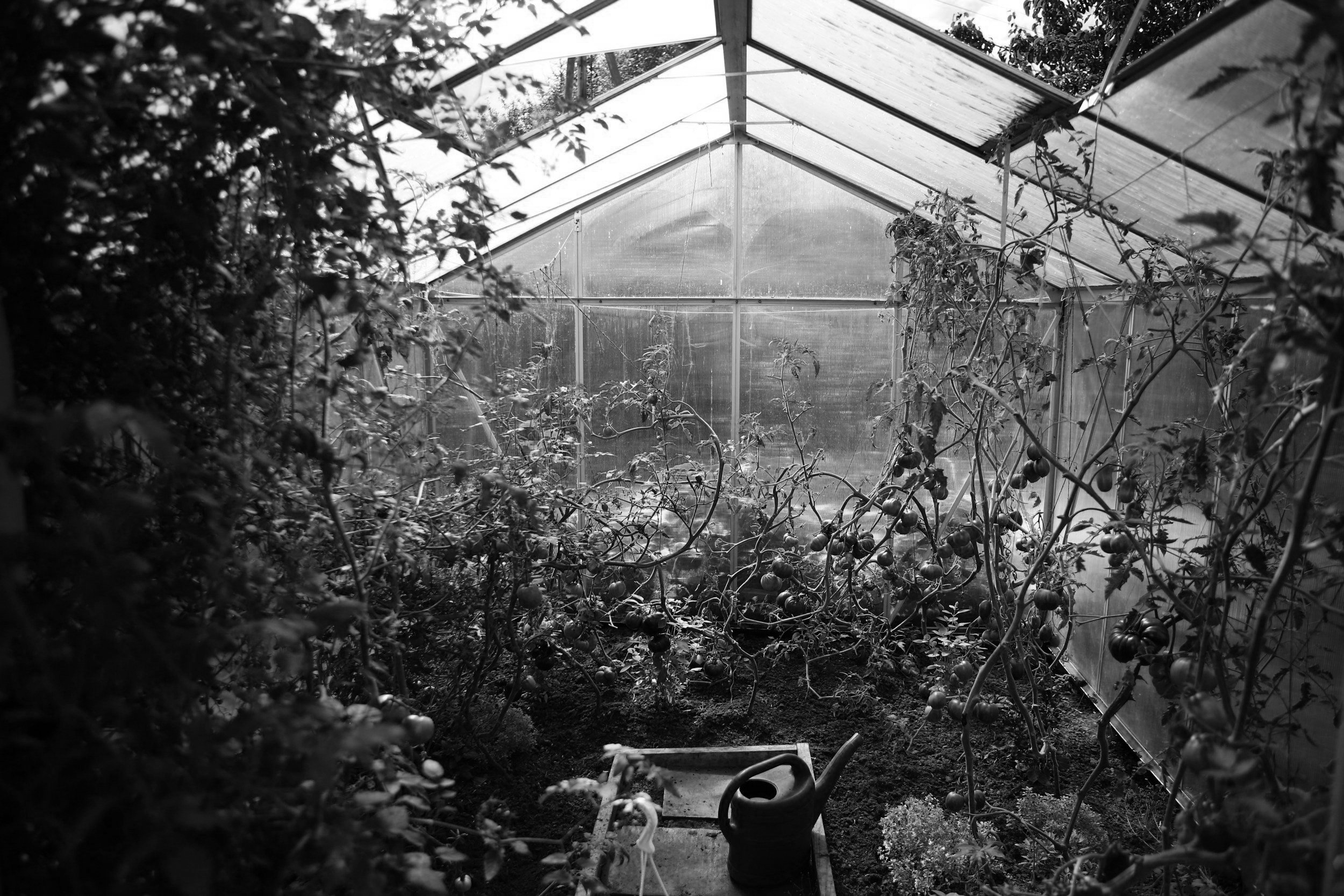Capturing the Essence of Local Produce: A Blueprint for Starting a Food Business
There is a poetry in local produce—a rhythm dictated by seasons, soil, and sun. For the aspiring culinary entrepreneur, this is not just food; it’s narrative, connection, and opportunity. Building a food business that respects and amplifies these qualities requires more than recipes and market research. It demands a philosophical approach to ingredients, a reverence for the land, and a willingness to engage with your community as both student and storyteller.
The Power of Provenance
People don’t just buy food; they buy stories. The heirloom tomatoes at the farmer’s market are not just a commodity; they are a testament to decades of cultivation, carried forward by hands that understand the language of the earth. By anchoring your business in local produce, you’re not merely selling meals—you’re offering a slice of a region’s identity. The art lies in preserving that authenticity while infusing it with your culinary vision.
To do this, start with relationships. Build trust with farmers, fishermen, and artisans whose products define your locale. Visit their fields, boats, or workshops. Ask questions that go beyond logistics: How do they deal with unpredictable weather? What keeps them up at night? Their answers will shape not just your menu but the soul of your brand.
Seasonality as Strategy
Seasonality is not a constraint; it is a creative muse. A menu that evolves with the harvest is inherently sustainable, reducing the carbon footprint of your operation while showcasing ingredients at their peak. It also fosters anticipation. Diners crave the fleeting sweetness of strawberries in June or the earthy depth of squash in October precisely because they are ephemeral. Lean into this transience. Design specials that celebrate it. Create events that honor the first asparagus of spring or the last ripe figs of fall.
More importantly, educate your audience about why this matters. When you serve a dish, tell its story. Why does the terroir of your region make this wine unique? How does the mineral content of the local soil influence the flavor of your vegetables? These are not trivia; they are tools for creating a loyal, engaged customer base that appreciates the value of what you’re offering.
Flavor as Philosophy
Great food begins with respect for the ingredient. It’s a principle as old as cooking itself, yet it bears repeating in an era saturated with shortcuts and industrialization. When working with local produce, let the ingredient lead. A perfectly ripe peach doesn’t need a sugar glaze to shine; a freshly caught fish requires little more than heat and salt to become transcendent.
This minimalist approach is not about simplicity; it’s about integrity. It’s about asking, “What does this ingredient want to be?” and allowing the answer to inform your technique. Yes, this requires skill and restraint, but it also requires curiosity. Taste obsessively. Experiment with pairings. Let the produce itself teach you.
Building Community, Not Just a Business
A food business rooted in local produce is, by nature, collaborative. It thrives on networks—of growers, chefs, customers, and critics. Your role is to be a catalyst within this ecosystem, connecting dots in ways that amplify everyone’s efforts.
Consider hosting farm-to-table dinners where your patrons can meet the people behind their meals. Partner with local schools or nonprofits to teach children about where their food comes from. Share your suppliers’ stories on social media, not as marketing but as genuine tributes to their craft. The more you invest in these relationships, the more your business becomes a trusted part of the community’s fabric.
Beyond Sustainability: Toward Regeneration
Sustainability is no longer enough. The goal must be regeneration—of soil, ecosystems, and human connections. Work with suppliers who prioritize organic practices, biodiversity, and humane treatment of animals. Go further: compost your kitchen waste, source renewable energy, and advocate for policies that protect small farms and local fisheries.
Your commitment to these principles will resonate with an audience that’s increasingly conscious of the impact of their choices. But more than that, it will give your business a purpose beyond profit. It will become a force for good in a world that desperately needs it.
The Heart of the Matter
At its core, working with local produce is an act of gratitude—to the land, to those who tend it, and to the generations that have carried its traditions forward. It’s also an act of defiance against the homogenization of taste and the disconnection of modern life. When you build a food business around these values, you’re not just creating dishes. You’re cultivating belonging.
And isn’t that what we’re all hungry for?
